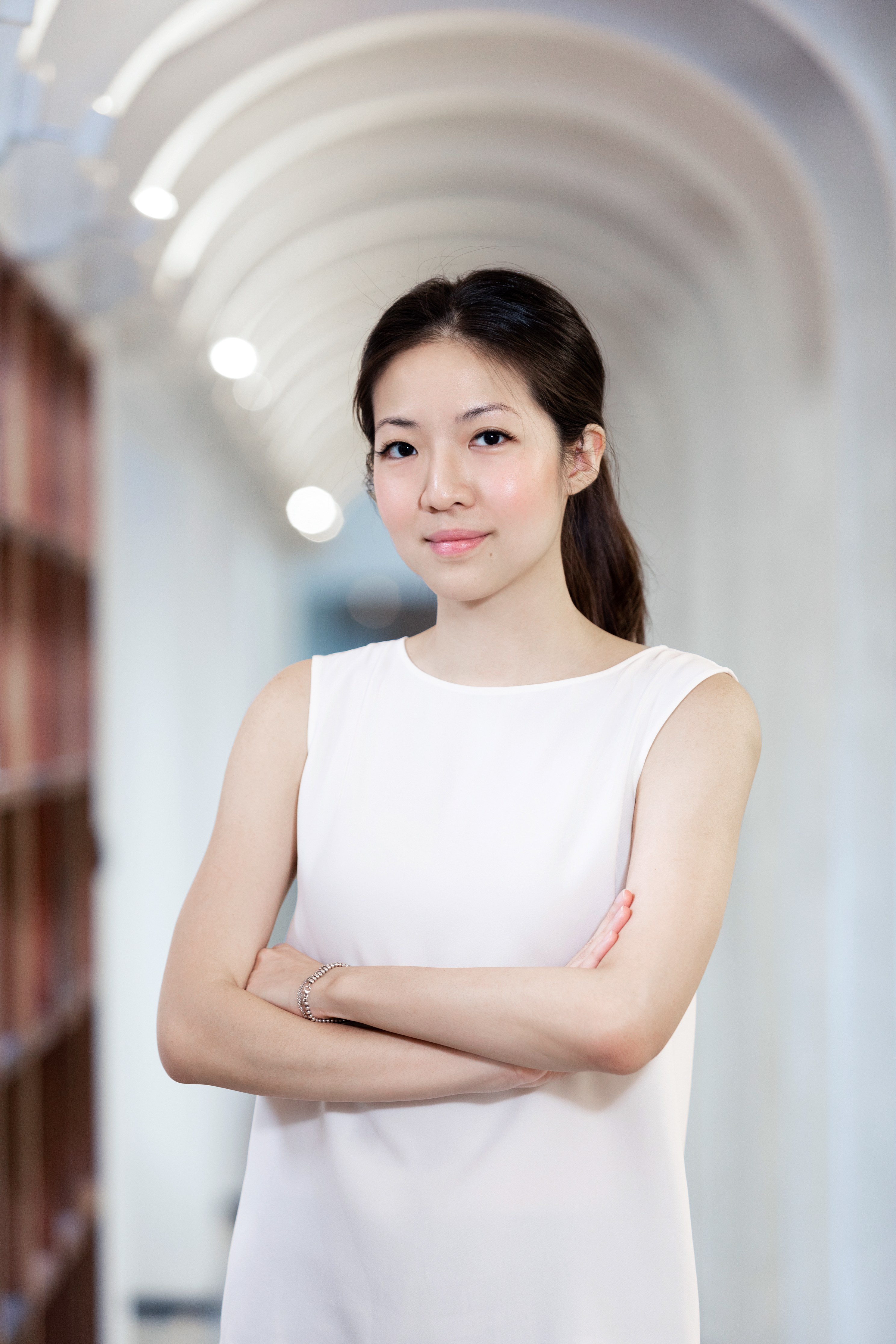
Now in its 15th edition, the Luxury Society Keynote returns to Shanghai with a bigger and more ambitious programme than ever.
Not too long ago, luxury brands were hesitant about retailing their products online, believing the digital environment to be unsuitable for selling high value goods. Beyond concerns about inconsistencies with brand image and doubts as to whether consumers would be willing to put down money on big ticket items online, labels also often cited the limitations of the digital space – especially in terms of optimising the consumer experience and offering full brand immersion.
Today, the narrative is vastly different. Digital technologies now offer far greater possibilities than ever before. Rather than resisting online retail, luxury brands are now embracing it wholly and working to bring together the online and offline experience seamlessly. This is especially important in China, the world’s largest market for luxury consumption and home to the planet's biggest online community. According to a report released by the China Internet Network Information Centre (CNNIC) in August, the number of Internet users in China stands at over 802 million, representing a penetration rate of 57.7 per cent.
It is with this in mind that Luxury Society chose to focus its annual keynote this year on the topic of New Retail: The golden standard that brands now aspire towards. Apart from perfecting the omni-channel experience for consumers, the concept is also encompasses a focus on increasing operational efficiency to transform the entire value chain. “As customers grow more sophisticated and the landscape becomes increasingly digitised, luxury brands need to find ways and means to stay relevant both online and offline,” says Pablo Mauron*, the Associate Publisher of Luxury Society.
Bearing in mind the complexity of the concept, the conference will examine this topic from various angles. Here’s a sneak peek of what to expect:
Part I: Platform First
With e-commerce sales in China hitting a high of $1.53 trillion this year, it is the world’s largest market for e-commerce by far. Comprising a myriad of online retailers, marketplaces and aggregators, the landscape is highly complex – and constantly in flux. How can brands develop an effective multi-channel retail strategy that takes advantage of the strengths and weaknesses of the various players?

Speaker: Pablo Mauron, Partner & Managing Director China, DLG (Digital Luxury Group)
Part II: It’s All About the Money
As the global leader in mobile payments, China saw over $15.4 trillion worth of mobile payment transactions made on its shores in 2017. This is nearly 40 times the amount processed in the US. Beyond simply facilitating monetary exchanges, mobile payment platforms have since developed advanced ecosystems and environments that complement the experience. How can brands maximise benefits from these innovative methods?

Speaker: Larry Lu, Vice General Manager, WeChat Pay Operations, Tencent
Part III: Taking it Offline
While luxury e-commerce is gaining traction across the globe, 22 percent of personal luxury goods purchases still take place purely offline. Physical stores may no longer be pulling in as much revenue as before, but they are no less relevant. Besides catering to the breed of consumer that still buys offline, they also serve as environments for online customers to truly experience a brand. How should brands develop their offline spaces to meet the needs of both consumer groups?

Speaker: Jacques Roizen, Executive Vice President, Digital Transformation and New Ventures, Baozun
Part IV: The Millennial Effect
A recent study by Deloitte revealed that millennials and Generation Z will collectively account for more than 40 percent of the luxury goods market by 2025. Naturally, luxury brands are adapting their marketing strategies to the tastes and preferences of this consumer group. But are they getting it right?

Millennial Panellists: Tiffany Ap, Beijing Bureau Chief, Women’s Wear Daily (WWD); Kidk, Editor-in-chief, YOHO!Boys

Social Commerce Panellists: 傅沛, Melilim Fu; 西门大嫂 (Xi Men Da Sao)
Part V: Mind Over Matter
While well thought out marketing strategies and seamless consumer journeys contribute significantly to a brand’s conversion rates, the key to truly driving purchase intentions lies in the mind. How can brands hack the human brain – the most powerful supercomputer in the world?

Speaker: Francis Srun, Founder, Retail Performance and Author of Luxury Selling
More speakers and panellists will be announced in the coming week. Stay tuned for more details or visit our event site to register today!
*Pablo Mauron is also Partner and Managing Director China of DLG (Digital Luxury Group), the agency arm of Luxury Society.










